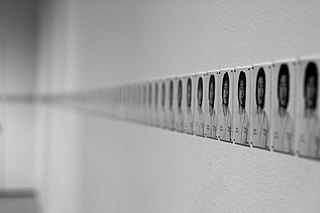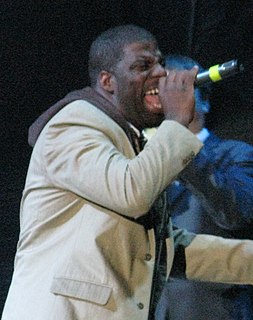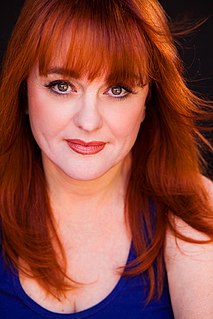A Quote by Robert Christgau
I don't think it's such a bad idea that people learn the same history in school. I think it tends to ground people and give them something to respond to and react against.
Related Quotes
I am opposing it with an idea of the history of philosophy as a history of philosophers, that is, a history of mortal, fragile and limited creatures like you and I. I am against the idea of clean, clearly distinct epochs in the history of philosophy or indeed in anything else. I think that history is always messy, contingent, plural and material. I am against the constant revenge of idealism in how we think about history.
What I react against in other people's work, as a filmgoer, is when I see something in a movie that I feel is supposed to make me feel emotional, but I don't believe the filmmaker shares that emotion. They just think the audience will. And I think you can feel that separation. So any time I find myself writing something that I don't really respond to, but I'm telling myself, 'Oh yes, but the audience is going to like this,' then I know I'm on the wrong track and I just throw it out.
I guess I have some kind of a visceral connection with drums. I'm looking to create music that people can react to viscerally, and people will respond to viscerally. I think that you can listen to music, to a song you've never heard before and not really like it, but also feel like you're responding to it physically whether you like it or not. I think that's a powerful aspect about music, and I think that's something that draws me to drums.
I know I am a human being. I can give myself to one year for a project. That is why I say I'm primitive in the way I work, especially compared to most artists. I came to New York in 1974, knowing that it is the art center of the world. But I didn't go to find people for my work. I do the work, and the people come to me, and I learn from them. That has always been my approach - to do the job first and then to respond to it after I finish and learn what people think about it. That's how I develop, and I'm more of an outsider in that way.
We're living history all the time, in the papers, in the news, you think about stuff and it goes into your brain and you think about it and it comes out somehow. You have an idea; you've heard a phrase, or you're angry, or something disturbs you, or something seems paradoxical to you, you explore that idea, much like a writer would explore maybe an idea through metaphor. Maybe artists use their vehicle to explore ideas, so I think the things that interest me are the kind of idea of continuous change and how nothing stays the same and it's always disintegrating into something more.
I think it's interesting that a lot of times people want celebrities to give back in the way that they want them to give back. They want them to give money to the cause they think is important and when that doesn't happen they say, "Oh, they're not doing anything." People think celebrities are going to solve their problems. People think because someone is famous or an athlete or a politician that the solution begins with them. All they're there to do is sell you a product.
I'm in favor of inequality if it comes about from people making great innovations that make us all better off. And I think those people deserve to be rich. But the people who get rich by lobbying the Congress to give them special protections that come out of the hides of the workers seems to be a bad idea.
I get questions from Richard Sandomir at the New York Times or Michael Hiestand at USA Today about issues .., 'well, there's a blog site that says you root too hard for the Red Sox. Or people don't like you because you're rooting against their team ...'I don't want to say it's bad. There are certainly things you learn from the internet. You certainly learn from people's opinions. I think you're going to get some of the negative a lot more than the positive, but I think you can learn from it.
I think that school just isn't for everyone. A lot of people don't learn well when they're - have to sit in a place for eight hours. A lot of people learn best lying in their own bed, teaching themselves from books. And I was a bad student. I was a brat. If I was a teacher, I would not have liked myself.
We have to create conditions where people feel safe to feel and to care. That goes against a lot of our programming about how to make something change in the world. Sometimes you can pressure people into changing, you can force them, but the powers-that-be have more force than we do. I don't think we're going to win in a contest of force. I think we need to induce a change of heart. The narrative of "us versus them" is ultimately part of the problem. Traditional activism, which is about overcoming the latest bad guy, isn't deep enough. It just brings us another version of the same.
Expectations are usually predicated on the idea that the everyday things that happen to ordinary people shouldn't happen to you. People hold the idea of being ordinary in absolute contempt, so when they face an illness, poverty, or any kind of catastrophe, they say, "I can't believe this happened to me." And who did you think it was going to happen to - the woman across the street? It makes them think, "I must be on the wrong path." But what if something you thought was bad was the best thing that ever happened to you? What if that was part of your path?
I think the idea of freedom or liberty is really misused for political reasons, but it's something that resonates with people to the core. People want to be masters of their own destinies, but at the same time, I think they do so selectively. Sometimes they want to be told exactly what to do so they don't have to think for themselves - as long as they can still exercise their free will.
































